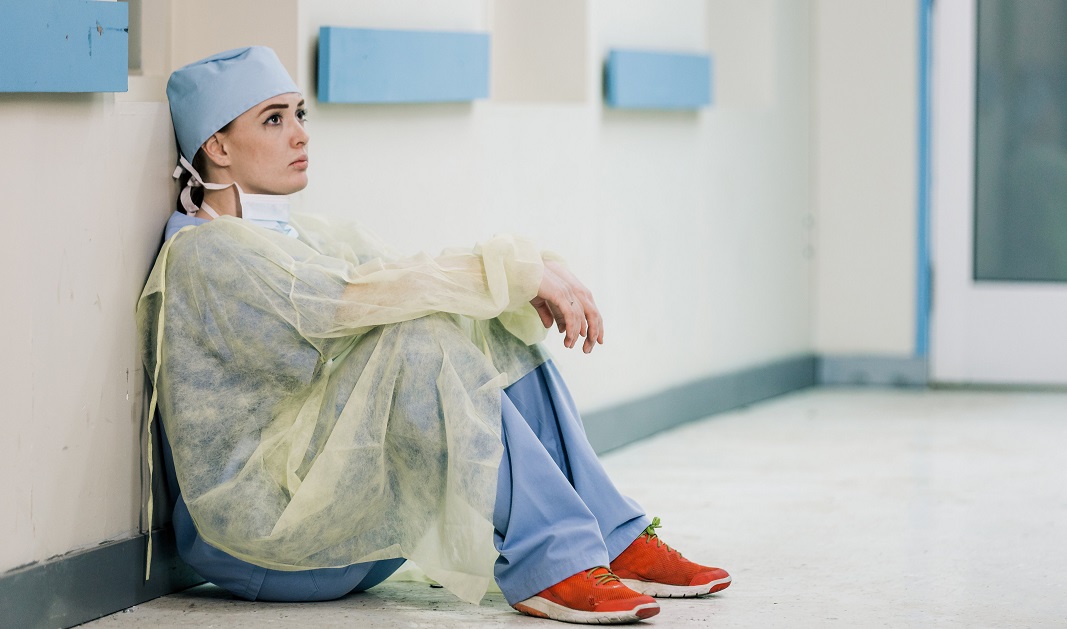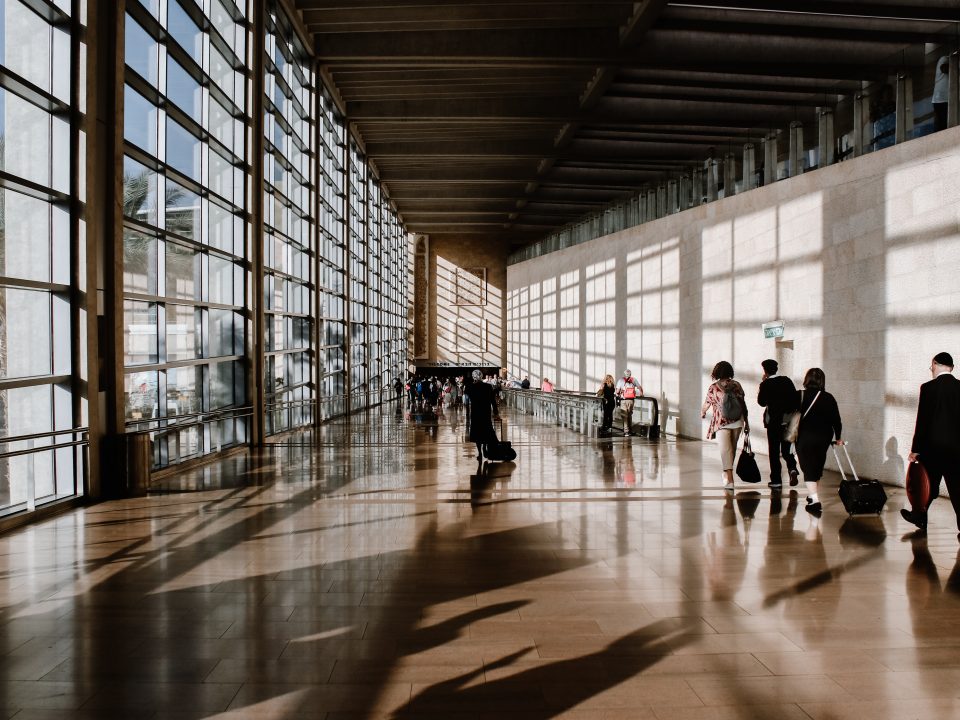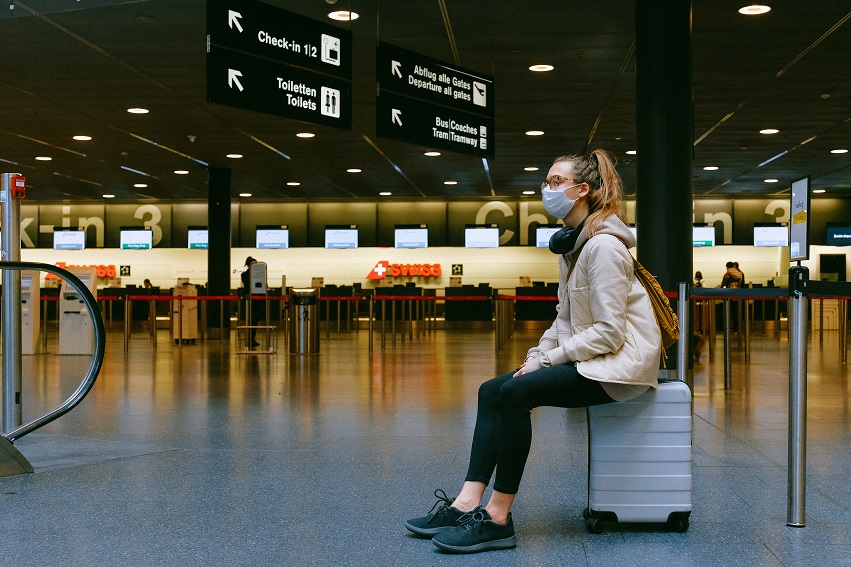
How Autonomous Robots Help Airport Passengers During Pandemic
May 3, 2020
How Traffic Analyzers Step Up in Battle Against COVID-19
October 3, 2020Exposed gaps in our level of preparation, the COVID-19 outbreak has caused loss of human life along with shattering our economy. The impact of the current crisis requires the united effort of our nation to overcome. With enormous shortage of nurses in hospitals, which was commonplace even prior to this crisis, and the potential dangers of exposure due to inadequate infection control system and a critical shortage of Personal Protective Equipment (PPE), healthcare workers feel the burden of this crisis the most. The seriousness of the problem is apparent from the situation in different states such as New York and Washington.
The main benefit to the hospitals specially in time of crisis is in freeing up professional nurses from remedial and ancillary tasks. InnoTech’s autonomous robotic platform has the potential to be deployed to protect healthcare workers by providing a number of services that under normal circumstances is performed by nurses and doctors such as delivery of meals, drugs and water. Equipped with some basic interfaces, diagnostics and communication capabilities, the autonomous robots can provide a host of services that are needed in time of crisis.
As epidemics escalate, the potential roles of autonomous robots become clear. The level COVID-19 transmission among healthcare workers is increasing dramatically. The data from World Health Organization indicates 9-14% infection rate among healthcare workers in Europe. The autonomous robotic platform enables nurses and doctors to have remote inspection of the patient. The basic remote interaction reduces the exposure to viruses and bacteria while allowing face-to-face interactions with the patient. In addition, the autonomous robots can be used for tasks such as disinfecting the environment and monitoring patients’ behaviors. In this time of crisis, field hospitals are set up in stadiums or other large public spaces, and the ability to roam the field hospital, deliver medicines, monitor patients remotely and report on anomalies are invaluable.
While focused on the physical aspect of caring of patients, one must not forget the psychological dimension on patients and their loved ones. The patients in quarantine are isolated, alone and far from their loved ones, and the impact on their moral can only be imagined. The autonomous robots can be a conduit for the patient with the outside world, provide the possibility for the patients to stay in touch and remotely connect with their loved ones. Having multi-lingual voice command ability and gesture recognition, our autonomous robots provide the opportunity for patients who do not speak English to better communicate with medical staff.



